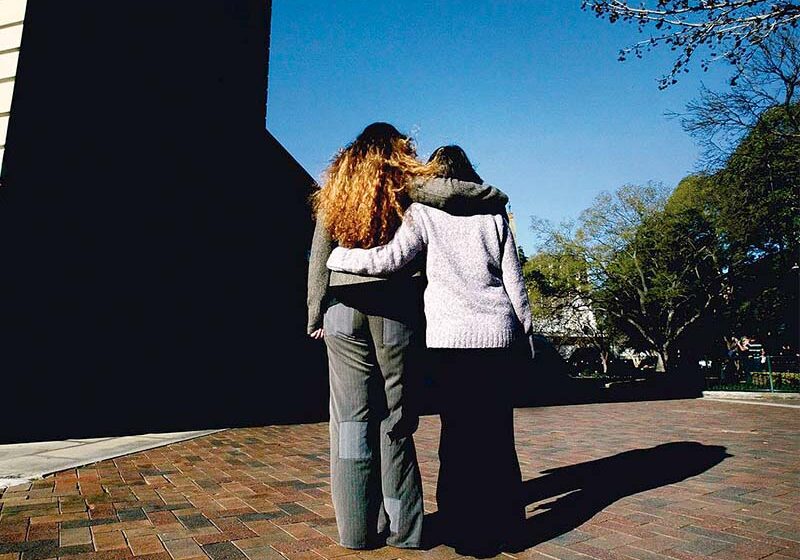
How do you help someone who has lost a loved one?
Содержание
Losing a loved one is a life-changing grief. We often find it hard to find words of support and help to cope with the loss.
How does a person experience loss?
Each person goes through grief in their way. But most often this period can be divided into five stages: denial, aggression, grieving, acceptance, and recovery. At first, it is difficult to accept the fact that you have lost a loved one, but over time, it comes down to remembering them and being able to control your emotions. It is important to go through all stages at once, otherwise, you will still have to do it in the future.
What words to choose?
There are two main rules: talk about the deceased and do not devalue any emotions of the grieving person. More often than not, the person himself begins to talk about his emotions, reminiscing, showing pictures, crying, or, conversely, showing aggression. Just be there and listen – there is no need to say anything. If not, take the person out to talk and offer to remember the best things about the deceased. Show that you will not judge, but accept.
What to do if the person has closed in?
In the first few weeks, don’t try to turn the moment around – just be there for them. Call the person every day to see how they are feeling. Sometimes you need to be alone, even for an extended period.
How do you know if grief is becoming pathological?
Grief can follow a person for several months. Most often it is accompanied by: problems with sleep and concentration of attention, loss of interest in friends, work, and life in general, there may even be problems with increased fatigue and nutrition. A person in the first weeks sometimes feels that the deceased is still near him. He can hear his footsteps and touches – this is also normal. The pathological state is expressed in the refusal to perceive reality when the bereaved person behaves as if nothing has happened. Another variant of pathology is grief which lasts more than two years and manifests itself as if it happened yesterday.
How to ease the grief of loss?
In the first weeks, be there and listen, if the grieving person himself asks for it.
Do not comfort during the manifestation of emotions – the more they are, the easier it is to cope with grief.
Do not devalue the grief – otherwise, the person will shut himself off from you and the world.
Show that you understand, even if you have never lived the loss.
Try to occupy the grieving person with any activity – work, everyday life, or something he has long wanted to do. This will keep his or her attention for a while.
What not to say?
In no case do not say the phrases: “Calm down”, “it will pass”, “don’t cry” and “You’re alive, you need to move on”. When a person first learns of a loss, he cannot believe it. Later, he becomes aware of it and the only thing he can do is burst with emotion. This is much better than silence and estrangement.
Is it worth rushing things?
Don’t rush the man, he needs time to collect himself. He has a few months for his grief. It’s important to just help get through it. A month after the loss, try to shift his attention. Suggest a change of picture or get a pet. Any new action in life will dispel the sadness faster. If the person doesn’t agree to the change, wait, he just isn’t ready. Try a little later.
What if the grief drags on for years?
In addition to the primary symptoms of grief, psychosomatic pathologies may develop arthritis, asthma, ulcers, panic attacks, hyperactivity or complete lack of desire to do anything, hypochondria, and panic attacks. The last stage is the development of clinical depression and suicidal tendencies.